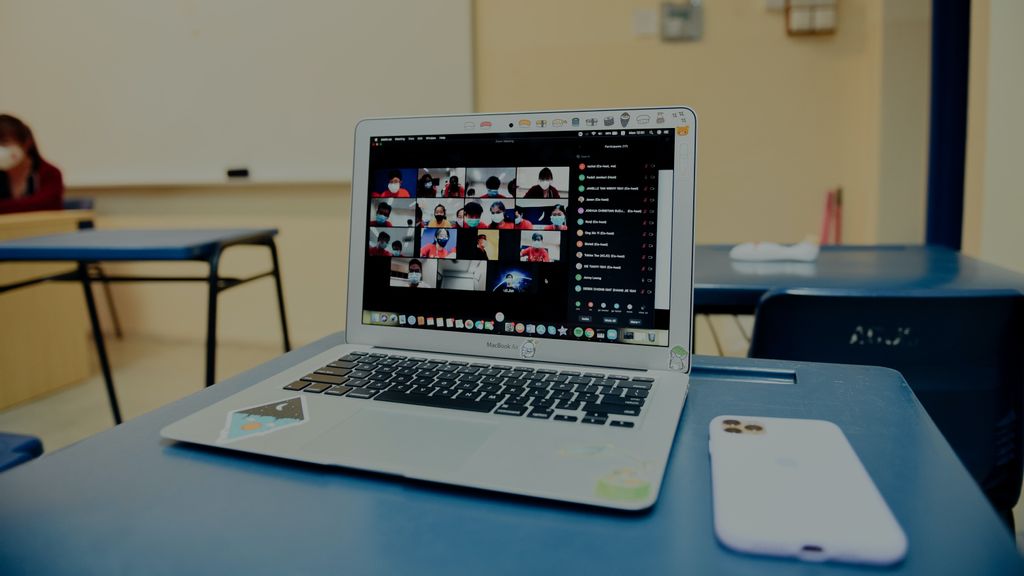As the global coronavirus pandemic hit and school classes moved online, economic disparities became evident in education access. With almost 7 percent of its population living on less than $3.20, Mexico bears witness to the gap.
“The university had the possibility of launching the virtual system through platforms such as Zoom, Moodle and Classroom,” said Mariana Hernández, a law school graduate from the Villa Rica University and a professor for seven years. “Even so, it was too much pressure because the teachers weren’t trained. We carried on with it regardless.”
More than 30 million students in Mexico, at all educational levels, were forced to take classes online during the health crisis, according to the National Institute for the Evaluation of Education. It was a great challenge, partly because Mexico does not have the necessary infrastructure to provide remote education.

School principals across the country hired premium services on platforms allowing teachers to host unlimited video conferences with their students. But this solution was not at hand for everyone and did not solve all the problems.
The emergency has underlined the country’s inequality. High levels of poverty in Mexico are reflected in access to technological tools, making public school teachers and students disproportionately affected by the pandemic.
“My respects go to teachers at public schools,” Hernández said. “For many students, distance education is difficult or impossible. Several families do not have computers or Internet access, and many parents or guardians are unemployed and cannot pay for an online connection.”
In collaboration with television stations, the Mexican government launched a public education program covering preschool to high school, but many believe that students do not take advantage of it.
Students attending online classes with their teachers and classmates have been feeling discouraged after moving to remote education.

“I do not want to imagine what education our children and young people following the television classes can get,” said Hernández, who also has a master’s degree in education.
Hernández thinks the problem is not exclusive to Mexico, although its inequality further complicates the challenge.
“Without question, the educational quality in our country collapsed, both in public and private schools,” she said.
(Translated and edited by Gabriela Olmos. Edited by Carlin Becker.)
The post Internet-Based Education Suffers Due To Lack Of Access appeared first on Zenger News.
